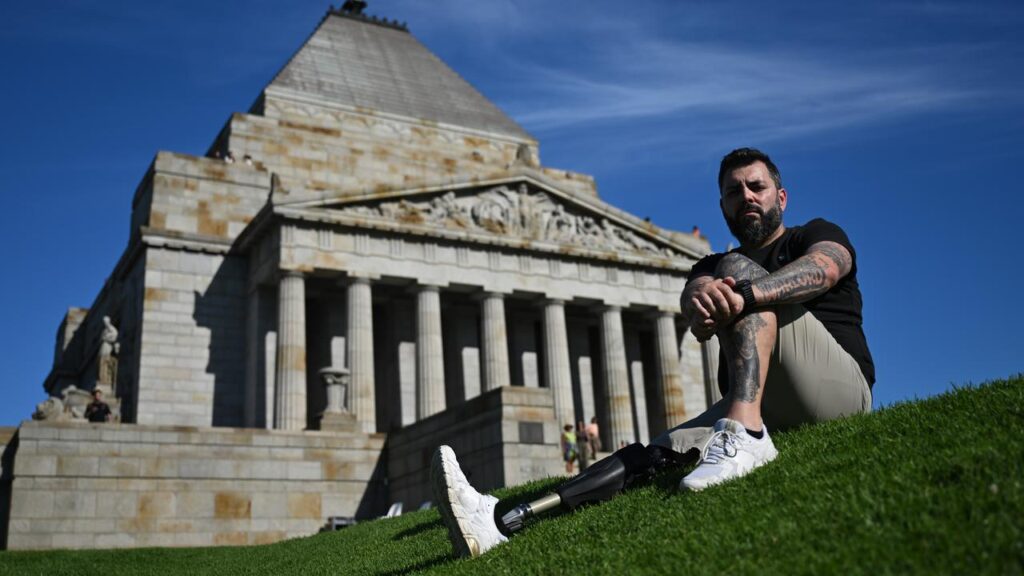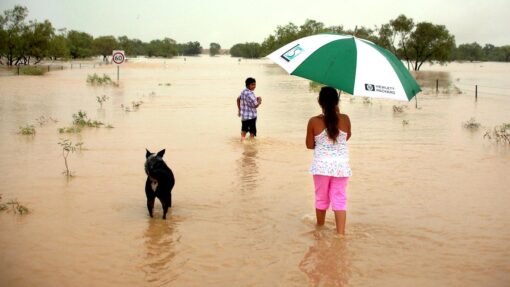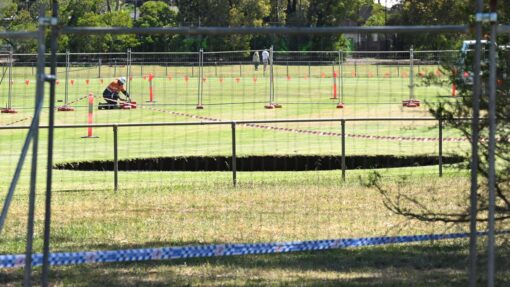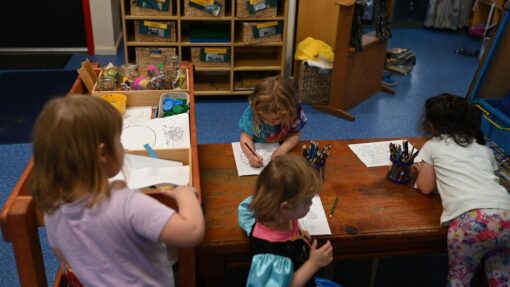Veterans still fighting demons long after their service
Farid Farid |

Paul Warren remembers being flung in the air in the rough mountainous terrain of the Baloch Valley in Afghanistan.
Then he looked down to see his severed leg.
“I shifted my foot in the wrong place and it initiated an (improvised explosive device) blast,” he told AAP.
“I still remember staying sort of conscious through it, being launched up into the air … and I looked down and saw my leg was gone.”

Worse still was learning his 22-year-old mate, Private Ben Ranaudo, was killed in the same attack.
“That’s the part that hurts the most,” Mr Warren said.
The explosion occurred one month into the then-30-year-old’s deployment in 2009 at the height of the Taliban insurgency.
Aside from the physical disfiguration, Mr Warren was left with post-traumatic stress disorder, also known as PTSD, and suffered suicidal thoughts.
Guilt and grief overcame the former kickboxing champion as he dealt with both the loss of his good friend and his lengthy recovery process
“I struggled probably the first 12 months. I kind of locked myself in the house a little bit,” Mr Warren said.
“But then you have to start to engage with the outside world and assimilate back in.”

The 1st Battalion soldier in the Royal Australian Regiment finished his service in 2013 and worked several jobs before landing most recently at Salute for Service.
The charity is dedicated to helping veterans transition into civilian life, taking a holistic approach.
Mr Warren is passionate about harnessing the skills and experience of former defence personnel for complex industries, such off-shore oil rigging, construction, maritime and aeronautical engineering.
“Employment at the right stage of your rehab – once your physical and psychological is done, then putting you in a team environment, the sense of purpose and where you can build a career – that’s going to reduce depression and the suicide statistics,” he said.
The landmark three-year Royal Commission into Defence and Veteran Suicide found 1677 serving and ex-serving members took their lives in the 25 years to 2021.
The staggering figure was 20 times the number killed in active duty over the same period, the commission noted.
Serving signals officer Bridget Free has lent on her RSL membership for support and building resilience.
“A lot of the stuff that we do in the sport and recreation side is physically being resilient so you’re more mentally resilient when you go into war scenarios or situations,” Captain Free told AAP.
It had been illuminating engaging with veterans who opened up with their peers about what they had gone through, she said.
“We need to be honest about the experiences we’ve had, but the first thing is having those conversations with people so they can share,” she said.
“I did join (the Army) at a time where we haven’t had as many deployments … in the post-Afghanistan era.
“So hearing their (veterans’) stories, learning from them … is a really great way for me to improve both in my army work and then just as a person.”

Already in her seventh year in the Army, she counts a posting in Townsville with the Combat Signals Regiment managing 24 soldiers as one of her most important achievements.
The 24-year-old is among 149,000 RSL members nationwide.
For Mr Warren, he maintains Anzac Day is a critical opportunity for broader society to appreciate the experiences of veterans.
“Most of Australia doesn’t think about the specifics of war – and that’s a good thing,” he said.
“We go (on combat missions) so our kids hopefully don’t have to and to leave the world in a better place.”
AAP


